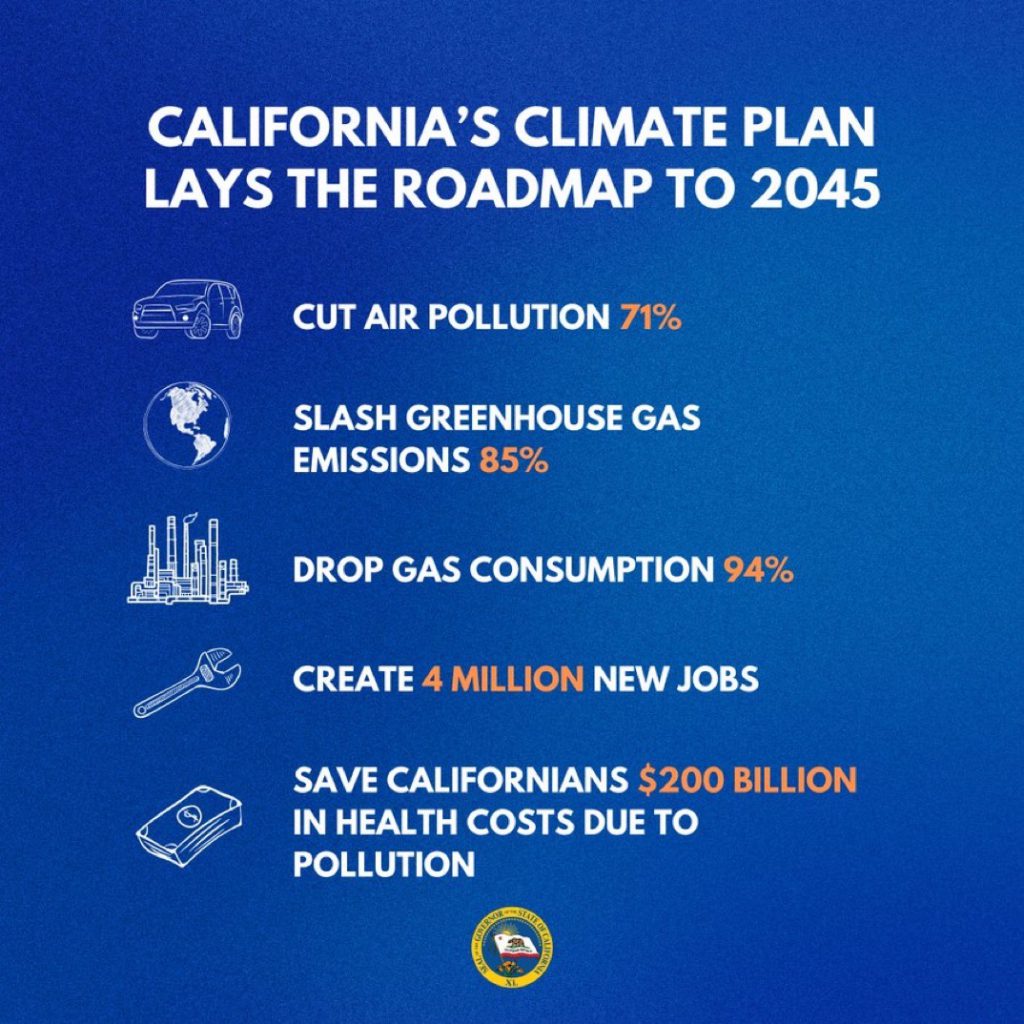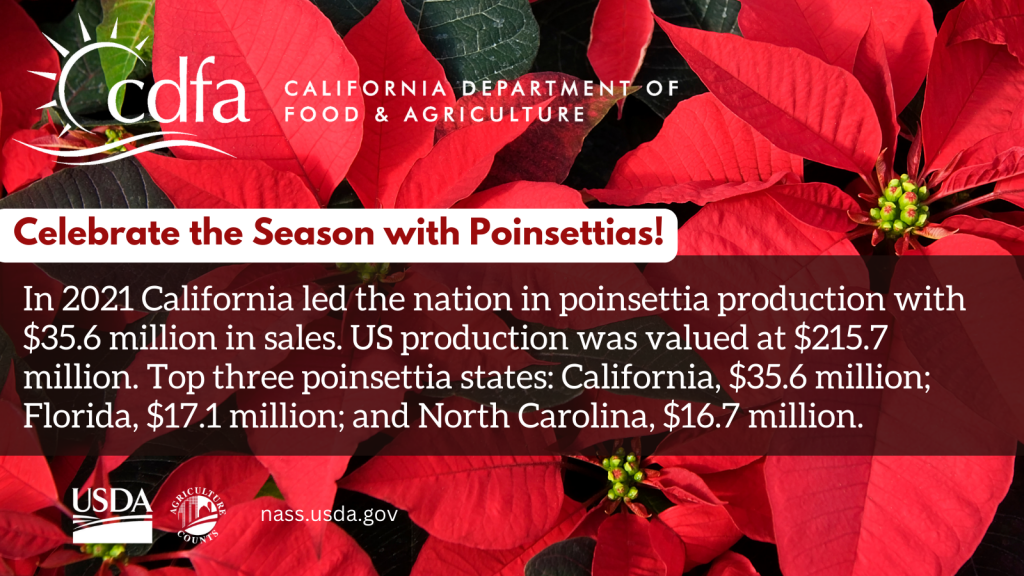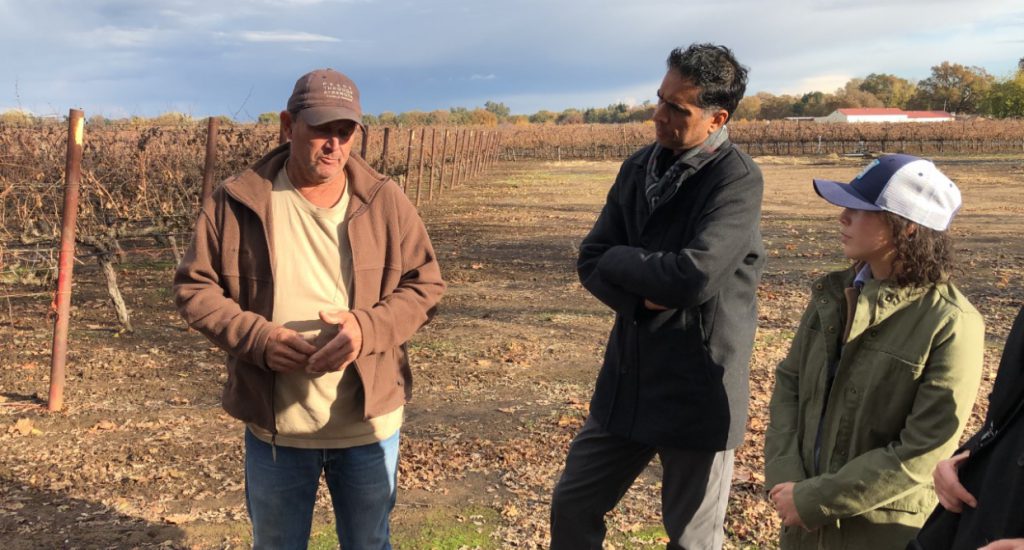News release from the Governor’s Office
Bringing offshore wind power to the West Coast. Providing funding for 90,000 new EV chargers across the state. Approving a new solar policy that will make our grid more reliable and accelerate energy independence. Finalizing a plan to cut air pollution by more than 70%. And that’s all since last week.
“We are making history here in California, and today caps an amazing ten days for world-leading climate action,” said Governor Gavin Newsom. “California is leading the world’s most significant economic transformation since the Industrial Revolution – we’re cutting pollution, turning the page on fossil fuels and creating millions of new jobs.”
On Thursday, the California Air Resources Board (CARB) approved an unprecedented plan to cut air pollution, shift away from fossil fuels, and ramp up clean energy production – leading the world with a comprehensive roadmap to achieve net zero pollution. The Scoping Plan will:
- Cut air pollution by 71%;
- Slash greenhouse gas emissions 85% by 2045;
- That includes a 48% reduction of greenhouse gasses by 2030, surpassing the statutory mandate to reduce emissions to at least 40% below 1990 levels in 2030;
- Reduce fossil fuel consumption to less than one-tenth of what we use today, a 94% drop in demand for oil and 86% drop in demand for all fossil fuels;
- Create 4 million new jobs;
- Save Californians $200 billion in health costs due to pollution.










